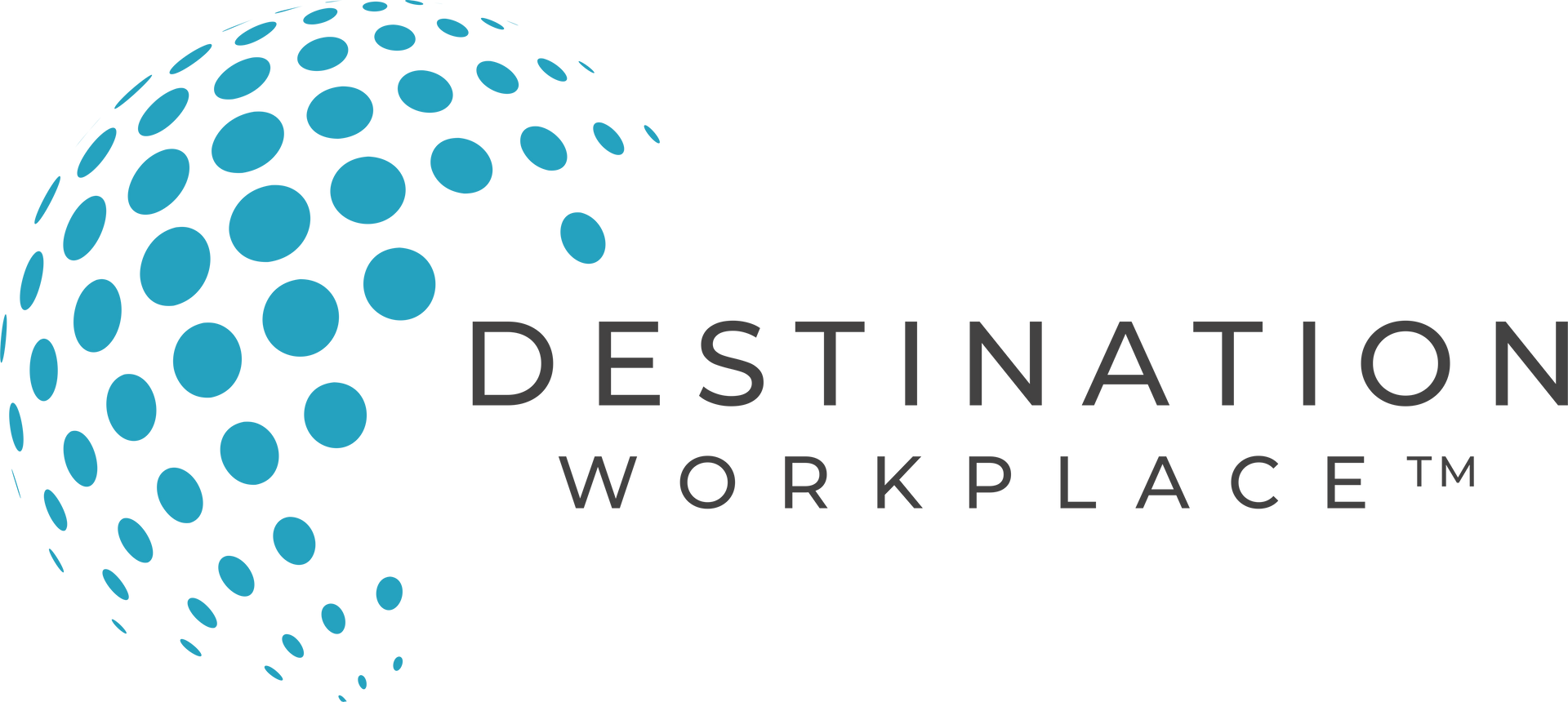The Art of Leading: The 5 Soft Skills for Leadership Excellence

Great leaders are not only born with natural talent, but they also develop soft skills over time. Hard skills such as technical expertise and academic skills may be considered the most important in the workplace, but in reality, it is soft skills that are essential to a leader's success. In today's business world, possessing soft skills such as communication, empathy, and adaptability can be the key to engaged employees and driving growth. And as companies begin to place more value on these skills, it's becoming clear that they're essential for leaders who want to be successful today. In this blog, we will explore the importance of soft skills for leaders and how they can excel in their careers by developing these skills.
Active Listening:
As a leader, your ability to work effectively and communicate with others is crucial to your team's success. Active listening is the ability to listen to others with attention and empathy. When a leader is an active listener, they can understand their team members' concerns and needs better. When employees feel heard and understood, they're more likely to be engaged and motivated in their work. A leader who is an excellent communicator can create an environment for their team that is open, honest, and collaborative. Additionally, a leader who can work effectively in a team environment is better equipped to handle and resolve conflicts that may arise within the group.
Being Flexible and Adaptable:
In today's rapidly changing business environment, leaders need to be able to pivot and adapt quickly to stay ahead of the competition. This means being able to think on your feet, adjust to new circumstances, and take calculated risks when necessary. Soft skills like resilience, creativity, and problem-solving are all essential for leaders who need to be able to adapt to new challenges and changing circumstance
Relationship Building:
One of the most important aspects of leadership is building strong relationships with employees, customers, and stakeholders. A leader who can build strong relationships based on trust and mutual respect is more likely to achieve long-term success than a leader who relies purely on their technical skills. Soft skills like emotional intelligence, active listening, and empathy are all key to building strong relationships that can withstand the challenges of the business world.
Conflict Resolution:
Conflict is inevitable in any workplace, and a leader who has strong conflict resolution skills can handle it effectively. A leader who is skilled in conflict resolution can defuse a tense situation and help their team members to navigate through tough conflicts without damaging relationships.
Promote Personal and Professional Growth:
Finally, it's worth noting that soft skills are essential not just for business success, but also for personal and professional growth. Developing your emotional intelligence, communication skills, and other soft skills can help you build stronger relationships, stay motivated and engaged in your work, and become a more effective leader overall.
In conclusion, it's clear that soft skills are essential for leaders who want to be successful in today's business environment. By building stronger teams, encouraging flexibility and adaptability, building relationships, fostering innovation, and promoting personal and professional growth, soft skills can help you become a better leader who can navigate the challenges of the modern workplace with confidence. So whether you're a CEO, President, HR professional, or manager, investing in your soft skills is a wise decision that will pay dividends in the long run.
Creating a winning company culture takes effort, but it's well worth it. At CCTS, your company culture is our top priority. We help your leaders build an attractive, purpose-driven culture that people don’t want to leave. Contact us to learn about our leadership development and team-building programs, as well as our signature Leadership & Culture Shift program!
The CCTS Team
Corporate Culture Training Solutions
About Betsy:
Featured on
FOX, CBS, NBC, and ABC, Betsy Allen Manning is a high-energy leadership keynote speaker and workplace culture strategist who equips organizations across corporate, franchise, association, non-profit, and government sectors to develop high-achievers, high-impact leaders and high-purpose cultures. Through her
national workplace research and
DNA Activation Framework, she delivers data-backed, high-interaction keynote presentations and workshops that strengthen performance, leadership, and retention. Betsy is also the founder of Destination Workplace™, an award-winning leadership training company in Dallas, trusted by some of the world's most elite brands nationwide.










